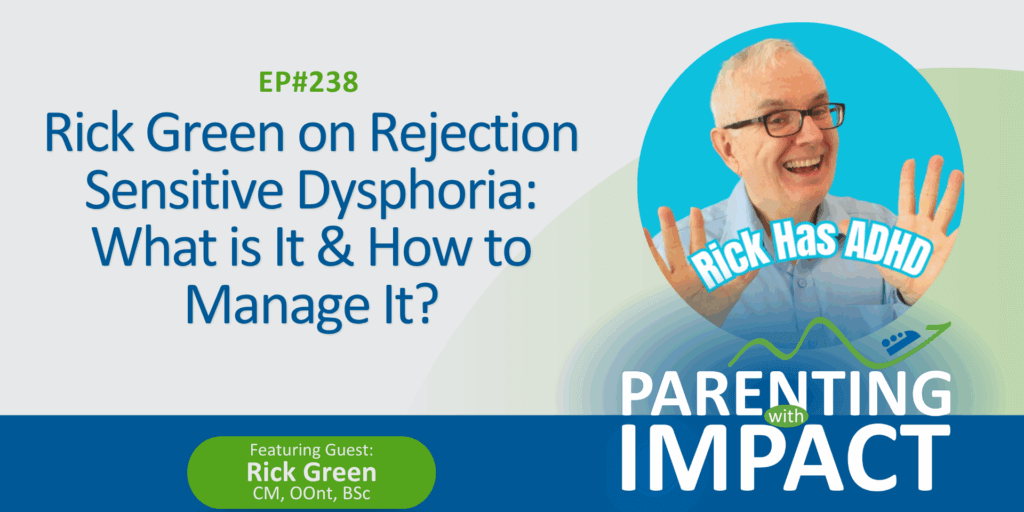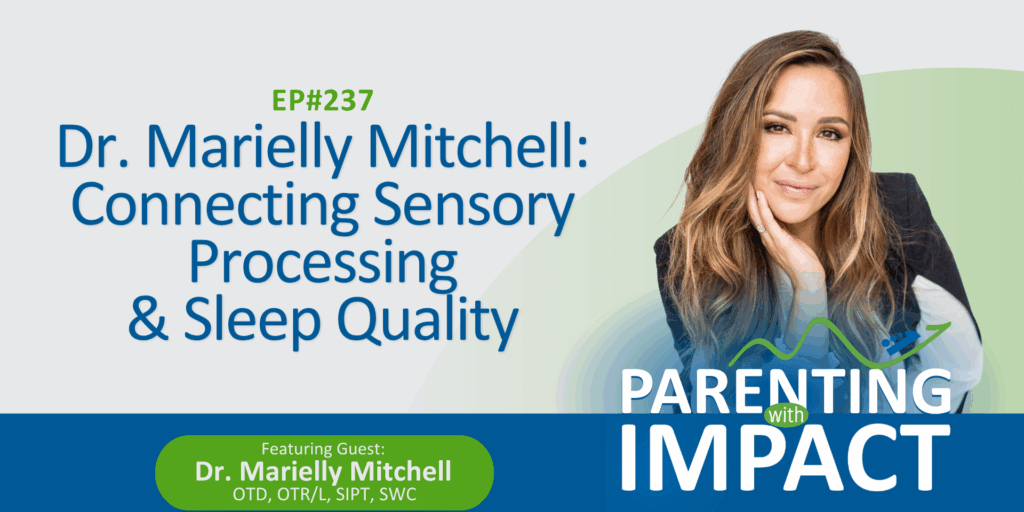PARENTING WITH IMPACT PODCAST
Parenting with Impact Podcast
The Parenting with Impact Podcast with Elaine Taylor-Klaus and Diane Dempster informs and inspires parents and professionals guiding complex kids to become capable, independent adults. The podcast will:
- feature leading experts with cutting-edge information;
- teach real-life, practical strategies to create lasting change;
- demonstrate how the coach approach can improve family life.
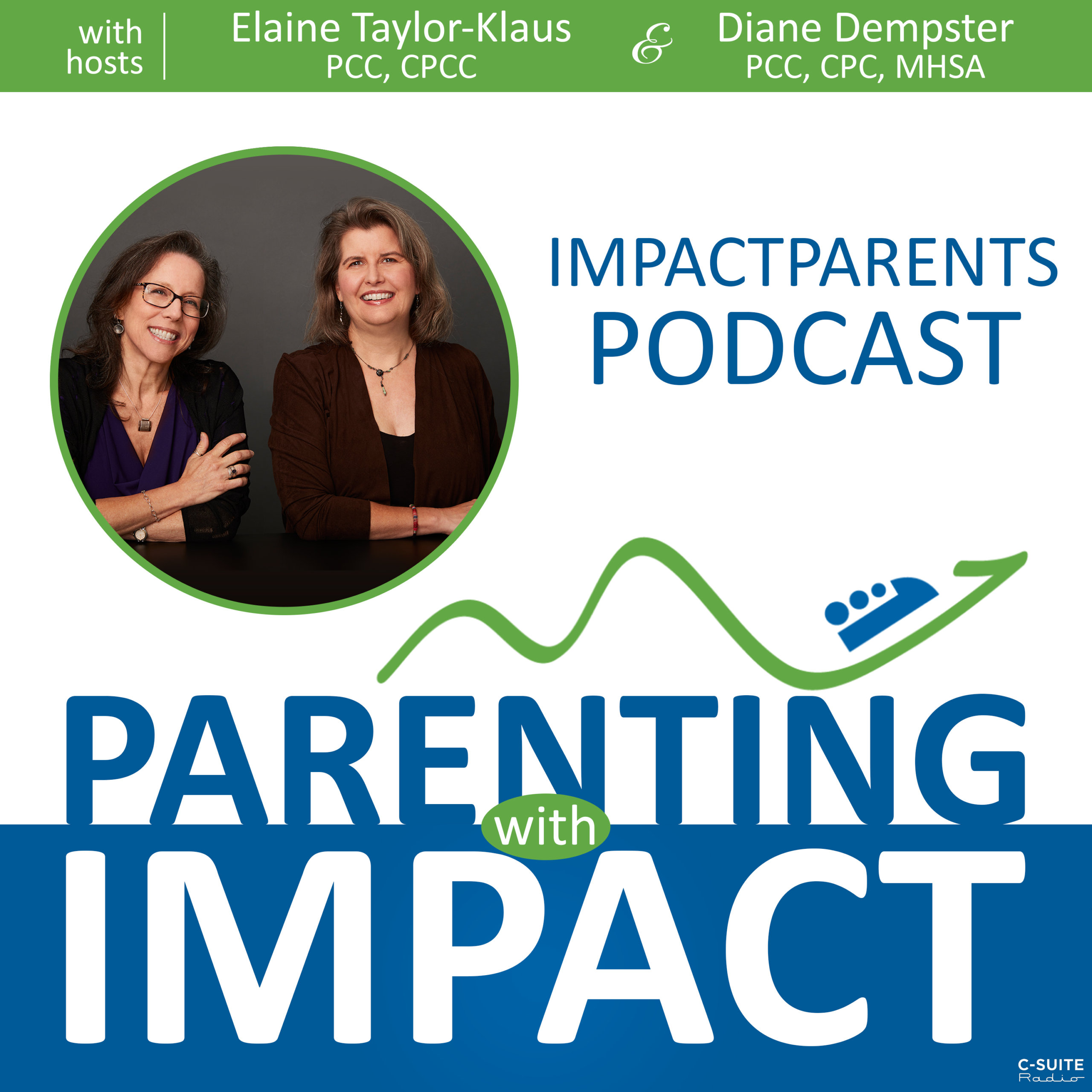
Find Parenting with Impact on your Favorite Player:
Amazon Music | iHeart | Spotify | Apple Podcasts | TuneIn | Youtube
Search the Podcast:
Search by Focus Area
- Search by Focus Area
- Challenging Behaviors
- Diagnosis & Treatment
- Executive Function
- Must Reads
- Relationships
- School Issues
- The Parents' Experience

The Truth About High-THC Cannabis And Complex Kids with Dr. Yasmin Hurd (podcast#248)
Is cannabis really harmless for teens? Neuroscientist Dr. Yasmin Hurd reveals what parents need to know about today’s high-THC...
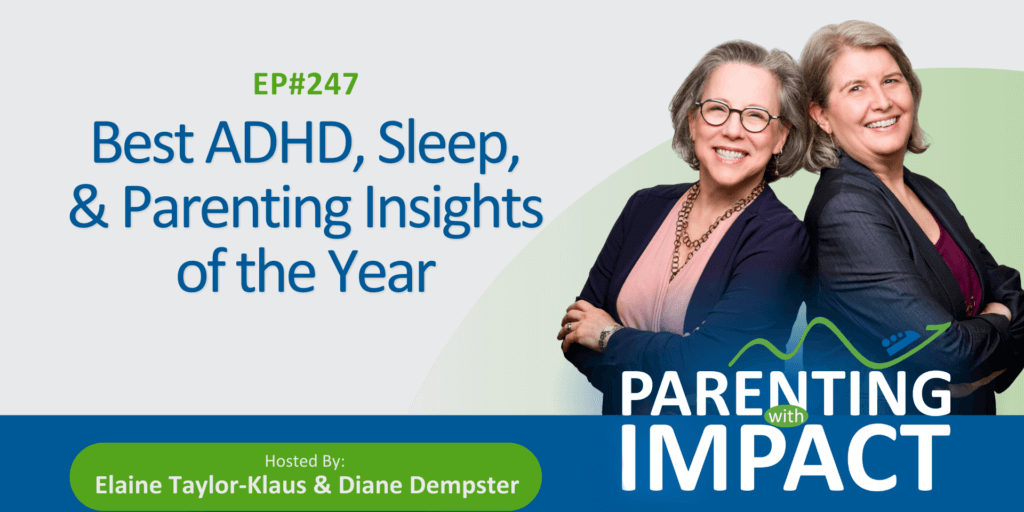
Best ADHD, Sleep, and Parenting Insights of the Year (podcast#247)
Many of the challenges families face are more connected than they appear. In this episode, we bring together key...

How To Stay Grounded When Parenting Young Adults With Dayna Abraham (podcast#246)
Do you ever feel like your needs and your child or young adult’s needs are constantly clashing? In this...
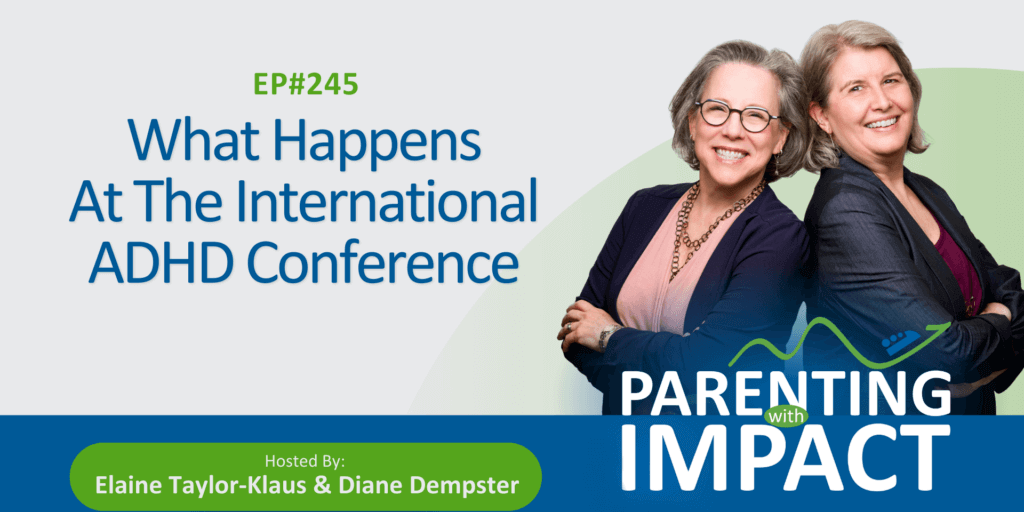
What Happens At The International ADHD Conference (podcast#245)
Ever wondered what it feels like to be surrounded by more than a thousand people who truly get the...

How To Build Executive Skills With Rachel Kapp & Stephanie Pitts (podcast#244)
If homework battles and school stress feel never-ending, you’re not alone. This episode reveals how educational therapy helps kids...
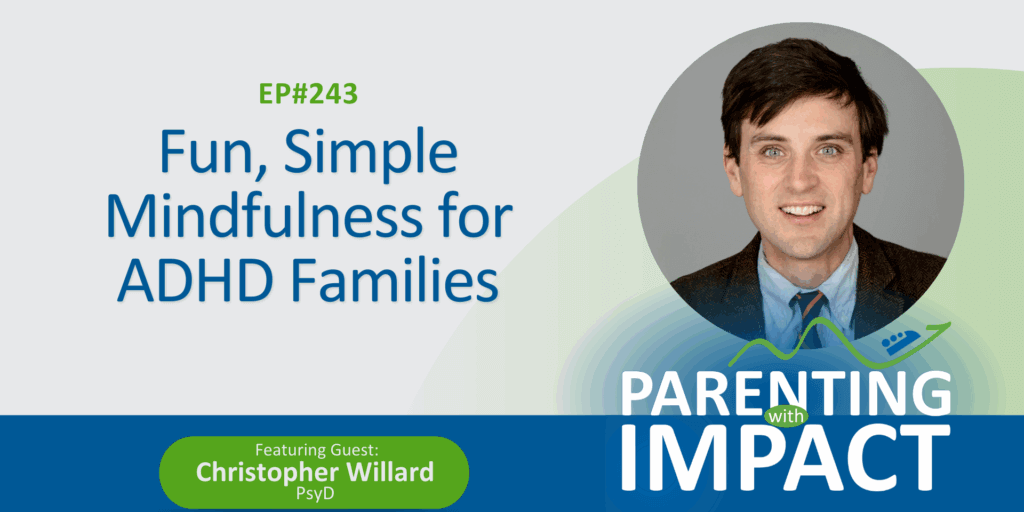
Fun, Simple Mindfulness for ADHD Families with Dr. Chris Willard (podcast#243)
Does parenting sometimes feel overwhelming or chaotic? In this episode, Dr Chris Willard shares how mindfulness, humor, and small...
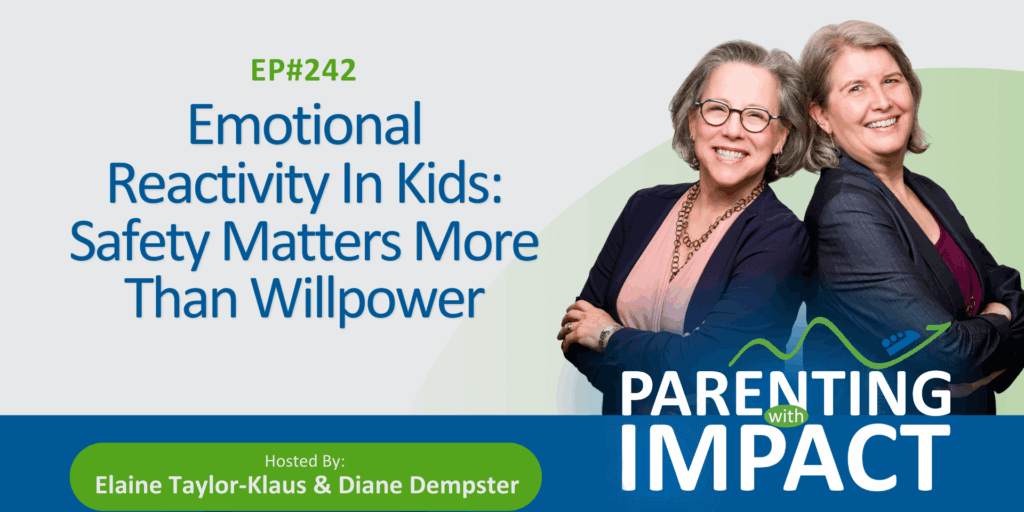
Emotional Reactivity In Kids: Safety Matters More Than Willpower (podcast#242)
If you feel like someone in your home is always shutting down, melting down, or firing back, you're not...
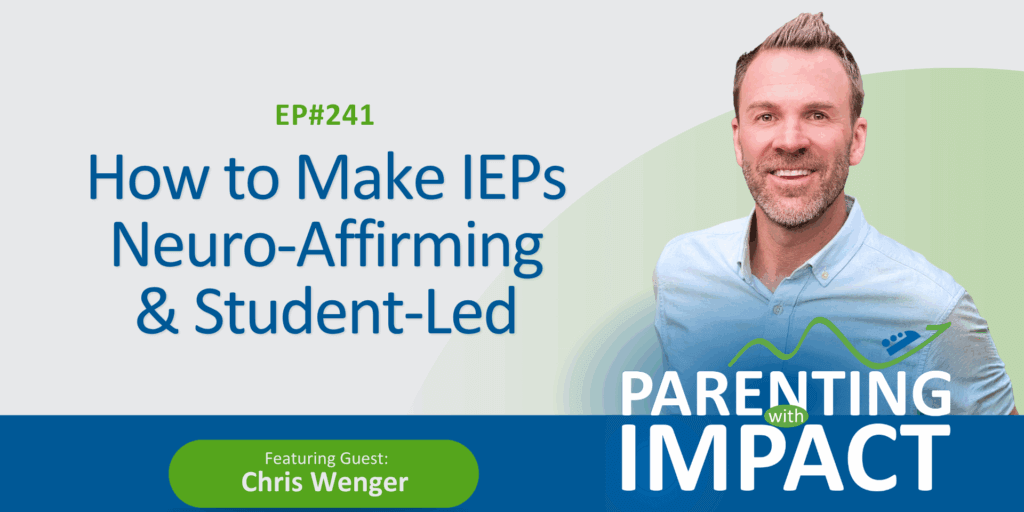
How to Make IEPs Neuro-Affirming and Student-Led (podcast#241)
Can changing a few words in an IEP change a child's future? Speech Dude Chris Wenger shares how to...
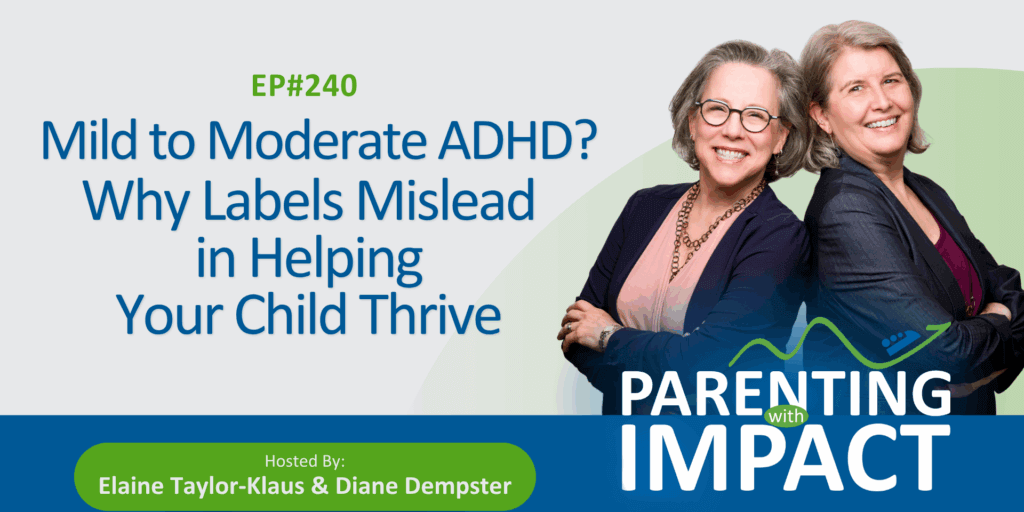
Mild to Moderate ADHD? Why Labels Mislead in Helping Your Child Thrive (podcast#240)
Ever been told your child has "mild ADHD"? In this episode, we'll talk about why no ADHD is ever...

Ted Dintersmith: Future Skills Schools Should Teach Now (podcast#239)
Is school preparing kids for the future or just training them to chase scores? In this episode, Ted Dintersmith...
Find Parenting with Impact on your Favorite Player:
Amazon Music | iHeart | Spotify | Apple Podcasts | TuneIn | Youtube
Looking for more? Explore our award-winning blog.
Get the tools, tips, and encouragement you need to raise complex kids with confidence. ImpactParents has been supporting parents and professionals since 2011 with practical, compassionate guidance.

